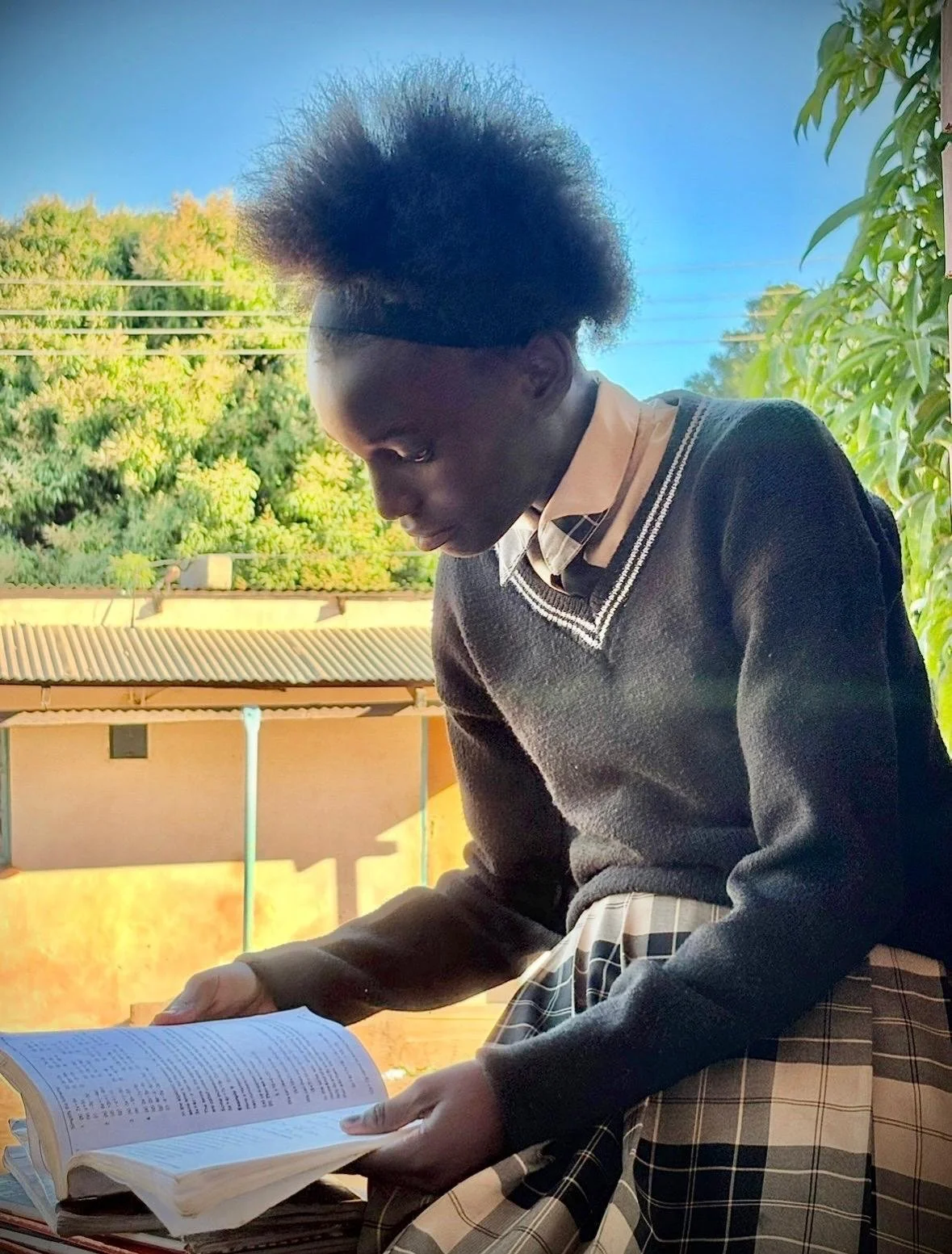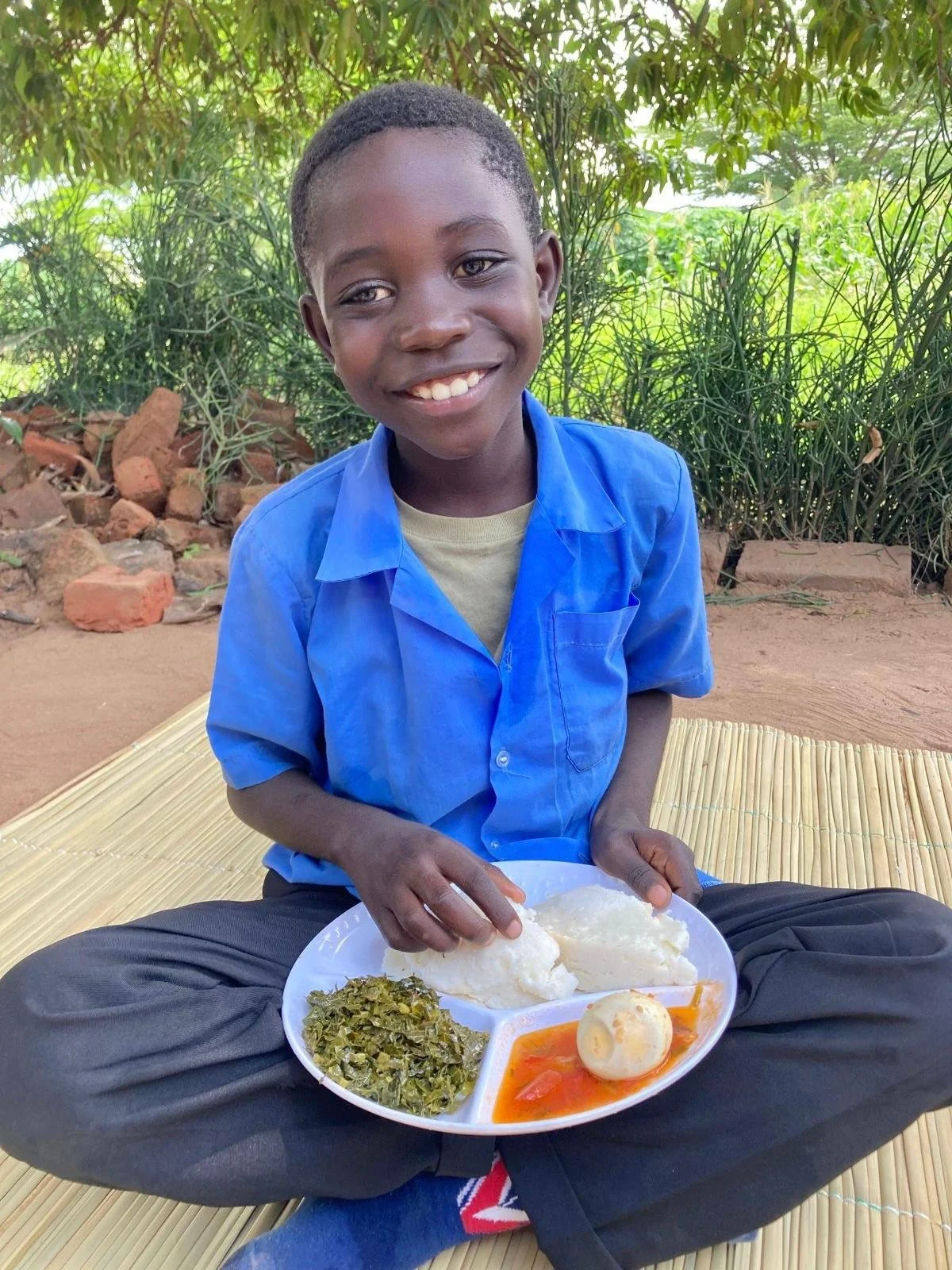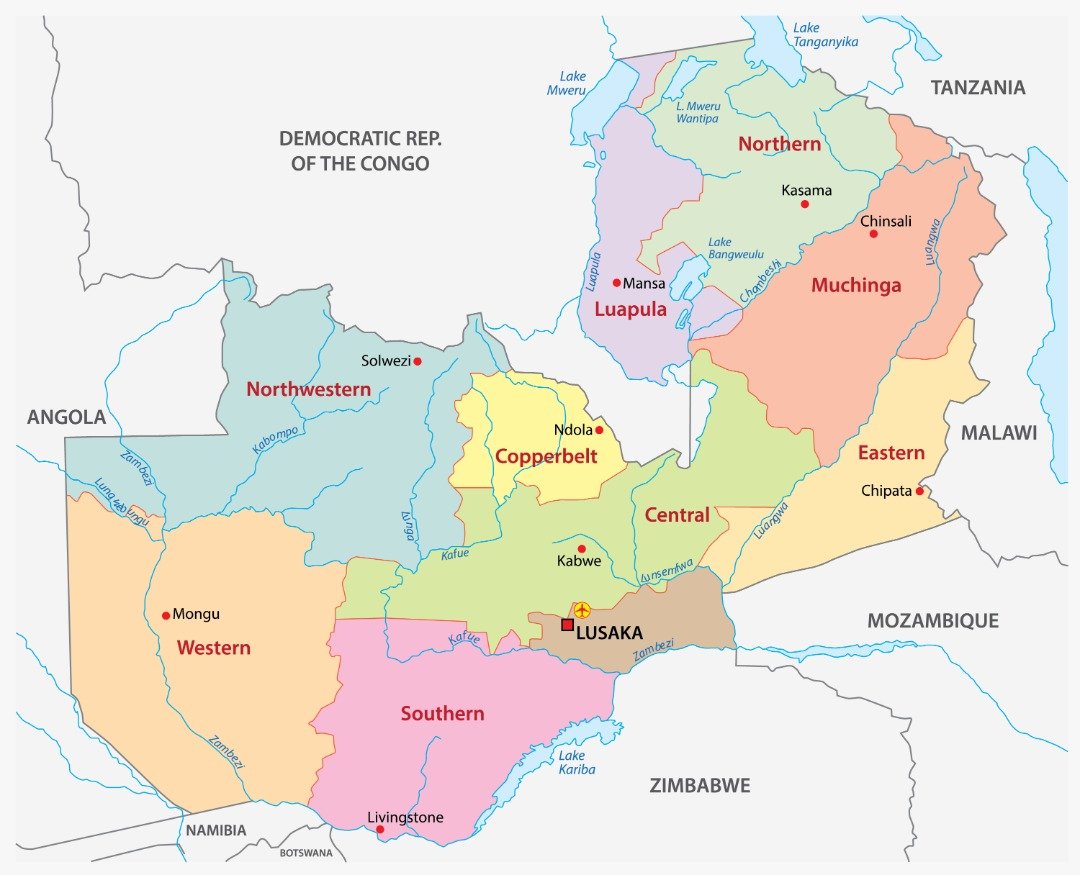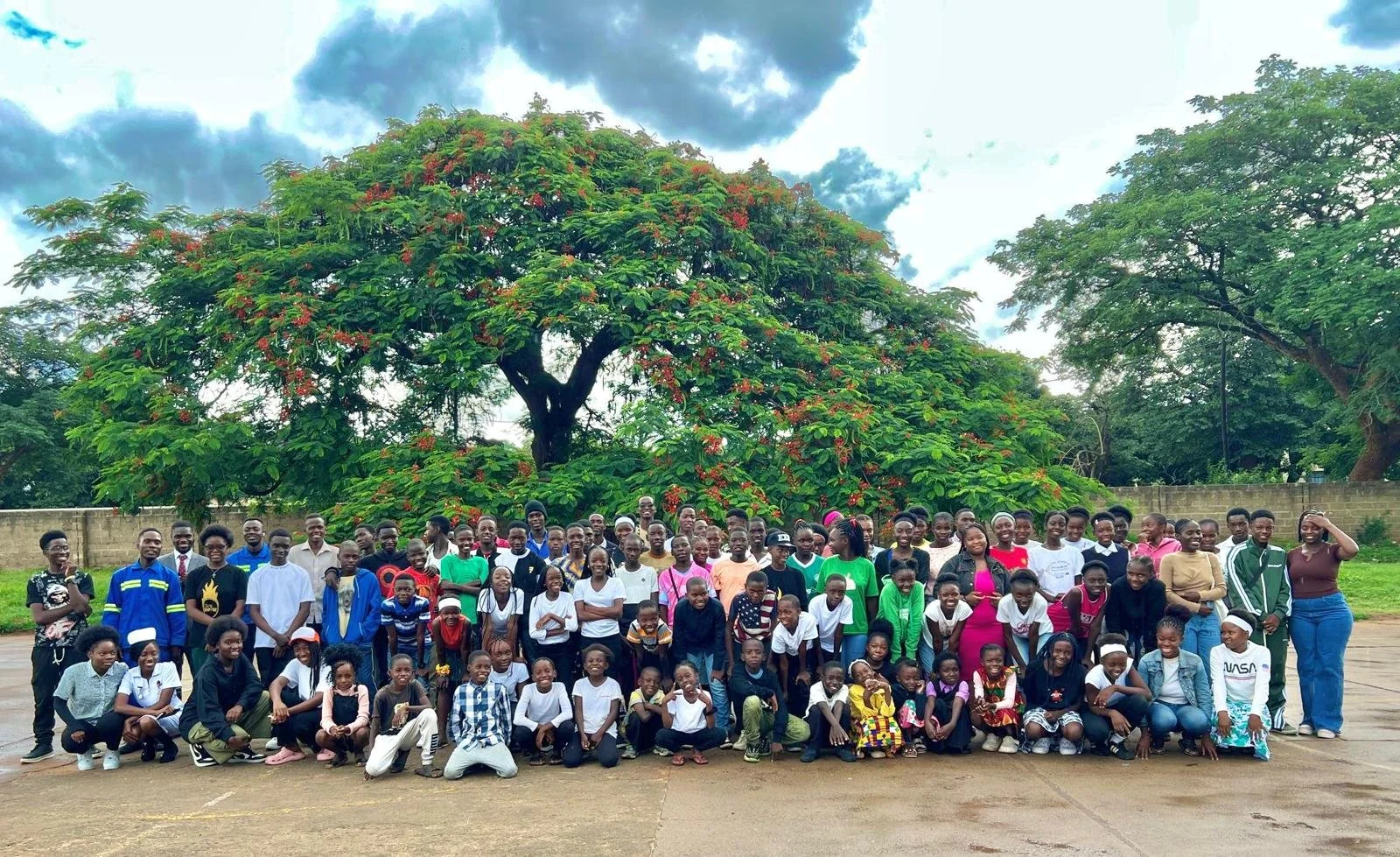
About Us
Free Haven Community Initiative (FHCI) is a registered Non-Governmental Organization (NGO) located in Livingstone, Zambia that has four main areas of focus: Education, Nutrition, Health, and Empowerment. In order for the Zambian NGO to be successful, a non-profit organization called Free Haven Community Initiative, Inc. was formed in America to assist its Zambian counterpart. By organizing fundraisers, processing donations, and handling marketing strategies, this partnership makes it possible for the Zambian-based NGO to carry out its day to day functions and focus on its primary goals. The American non-profit is run by a board of directors. The people on this board volunteer their time to make the aforementioned tasks possible. In addition to the American team, the Zambian-based NGO has its own board of directors to manage the organization’s projects in Zambia.
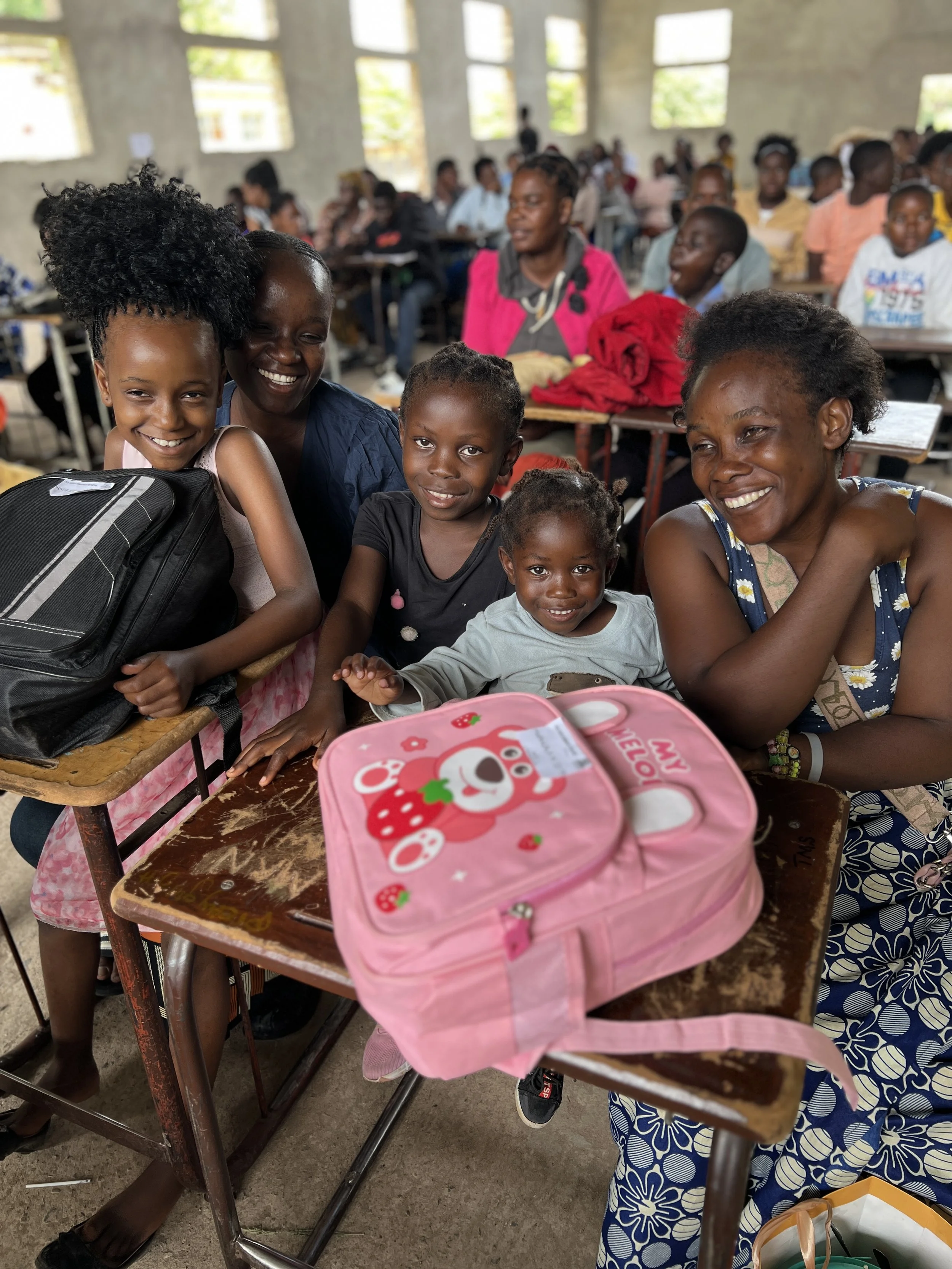
Our Mission
Free Haven Community Initiative's mission is to empower vulnerable families in Zambia to break the cycle of poverty and promote gender equity by providing them with education, nutrition, health services, and empowerment programs.
Our Values
Acceptance: We strive to value and accept all people for who they are.
Accessibility: We aim to make our programs and services available to all.
Community: We aim to work hand in hand with the Zambian community and organizations.
Empowerment: We encourage our community to do their best, strive for excellence, and grow.
Equity: We aim to promote equality and equity for our community through our programs and projects.
Respect: We recognize everyone has a voice, opinion, and perspective that has a right to be heard
Stewardship: We believe it is important to advocate for the communities we serve, be transparent, and financially accountable.

Value Statement
We believe that every person is equal, deserves access to equitable opportunities as well as basic human rights, and should be treated with the same level of respect, regardless of their identity. We believe in fostering an inclusive, respectful, and indiscriminative environment that accepts every individual for who they are and empowers every individual, within the community, to cultivate the best version of themselves so that they can live up to their full potential. We believe in approaching every aspect of our work with good stewardship, priding ourselves in transparency and responsible use of our resources.
Diversity, Inclusion, and Non-Discrimination
FHCI is committed to cultivating, fostering, and preserving a culture of diversity, inclusion, and non-discrimination, for all people – especially those who have been historically marginalized and underrepresented.
FHCI does not discriminate based on: race, color, religion, language, nationality and national origin (ancestry), place of residence, biological sex, gender identity/expression, sexual orientation, marital status, age, mental ability, physical ability, health status, economic status, social status, and/or political opinion/affiliation.
FHCI embraces and encourages every individual’s unique differences and characteristics.
Education
Nutrition & Health
Empowerment
Unlike most places in the developed world, education is not free to all in Zambia. Most students are required to pay school fees as well as buy a school uniform, shoes, and other supplies, which many families cannot afford. FHCI’s founders believe that every person should have access to education. All of the students in our education programs are vulnerable and many of them have either never been to school before, or missed a few years of school due to having to drop out.
In order to thrive in school, students need to have their basic health and nutritional needs met. To ensure that the students are receiving well rounded support in all areas, we offer mental and physical health programs. We also provide nutritional programs for the students and families in our sponsorship program. In addition, in 2024, due to the ongoing drought situation affecting the country, we began supplying 218 vulnerable families with essential food supplies every month.
Zambia’s goal is to achieve gender equity by 2030. In order to promote equity and foster an inclusive, respectful, non-discriminative environment, we host Impact Programs to empower the students in grades 6 - 12 and teach them about equity, consent, toxic masculinity, gender based violence and a variety of other topics. We also host community workshops to provide the community with information about topics that are important to them.
Where it began…
While volunteering in Zambia at the beginning of 2016, the CEO, Director, and Founder of FHCI – Samantha Knaub Huesman – began teaching a group of vulnerable children in a vacant building owned by the volunteer organization. By the end of her first week, over 110 children gathered at the building where she held lessons. These children quickly captivated her heart and working with the Zambian community became her passion.
This desire to assist the vulnerable community in Zambia led Samantha to move to Livingstone, in order to help build, open, and be the Headmistress for a community school that provided free education and meals to more than 215 vulnerable children. Nearly fifty of these children suffered from severe learning disabilities. Many of these students were rejected from other schools for various reasons, including their inability to pay school fees, being unable to pass the entrance exam, and the school's lack of special education programs for children with special needs and learning disabilities.
At the end of 2017, after successfully running the school for a year, Samantha recognized that in order to create a sustainable impact, the community needed access to more than just education. Longing to expand her vision further than the realm of academic education, and provide Zambia’s vulnerable community with access to health, nutrition, and empowerment programs – in addition to educational programs – Samantha stepped down as Headmistress to begin Free Haven Community Initiative (FHCI). FHCI is a registered NGO in Zambia as well as a registered 501(c)(3) Non Profit in the United States.
Since its inception in 2018 Samantha has overseen all of FHCI’s education, nutrition, health, and empowerment programs, in addition to her fundraising, accounting, and marketing responsibilities. Now, with the organization moving into its next stage of development, she has decided to step back from her role as Executive Director in the latter half of 2026. The goal is to maintain local leadership within the organization to ensure it remains responsive to community needs. By doing so, FHCI will further strengthen its ability to support Zambia’s most vulnerable families.

Our Journey
So far we have worked with over 800 students and 40 schools including 5 universities and 1 trade school. Of those 800 students:
70 + students have attended rural preschool located in Chibule Village
110 + have received meals at Delevu Pre & Primary School
232 have participated in our Sponsorship - University Program
64 students graduate from grade 12 through our Sponsorship Program
14 of those students are participating in our Sponsorship Progression Program/Duke of Edinburgh Award Program
14 of those students are currently in University/Trade School through our University/Trade Program
17 of those students went on to graduate from University/Trade School through our University /Trade Program
400+ have participated in our Impact Programs
In addition to providing educational & empowerment programs and nutritious meals to the above students, we also provide nutritional support to over 125 additional families.
2018
We launched our Sponsorship program with 39 students in 12 schools across Zambia.
2020
We had 132 students in our Sponsorship program, across 19 primary/secondary schools, 3 Universities, and 1 trade school. We also began a lunch program and started providing financial and educational support for the thirty students in Chibule Village Preschool.
2019
We added 61 students to Sponsorship program bringing our number of students to 100. In addition, we worked with seven new schools and began an Extra Lesson Program to provide extracurricular educational support to our students.
2021
We had 132 students in our Sponsorship program. In addition to our other programs, we started a boy and girl Impact program as well as launched a breakfast program to feed fifty preschool students breakfast five times a week in Muke Village.
2023
We had a total of 136 students in our Sponsorship Program including 15 University and Trade students. We continued to provide Extra Lessons and supported preschool students at Delevu and Chibule. In addition to this, we facilitated a minimum of 8 impact sessions per term with a total of 175 students. We also facilitated a community workshop centered around child abuse (the participation and engagement was incredible!) and conducted 2 community clean up days. 2023 was a productive year as we identified a plot of land for our community center and hosted our very first Art Club!
2024
We continued with all of our core education, nutrition, health, and empowerment programs in 2024, expanding them to reach even more beneficiaries. We hired a full-time social worker and mental health counselor to ensure that all of our students and families are receiving the support that they need. 6 students in our University Program graduated with degrees in fields such as medicine, accounting, human resources, and pharmacy (amazing!). A severe drought afflicted Zambia, causing food prices to soar beyond the means of many families, so we implemented a relief program to provide hundreds of families with essential food supplies each month. On top of this, we served over 21,000 healthy meals across all of our programs!
2022
We had 127 students in our Sponsorship program including 11 university students. We continued to provide Extra Lessons for 6 - 12 hours a week, before and after school, for our sponsored students. We also continued working with two villages, Delevu Village - where we ran a breakfast feeding program for preschoolers, and Chibule Village - where we financially and educationally supported the preschool students. In addition we continued to run our lunch program for our sponsored students. We also provided three empowerment courses to over 100 students, facilitated two community workshops as well as one Clean Up day in Livingstone. We also began partnering with PPAZ, the One Stop Gender Based Violence Clinic, the Ministry of Health, and Social Services to provide access to medical care and health services that are tailored to our students’ and our community’s needs







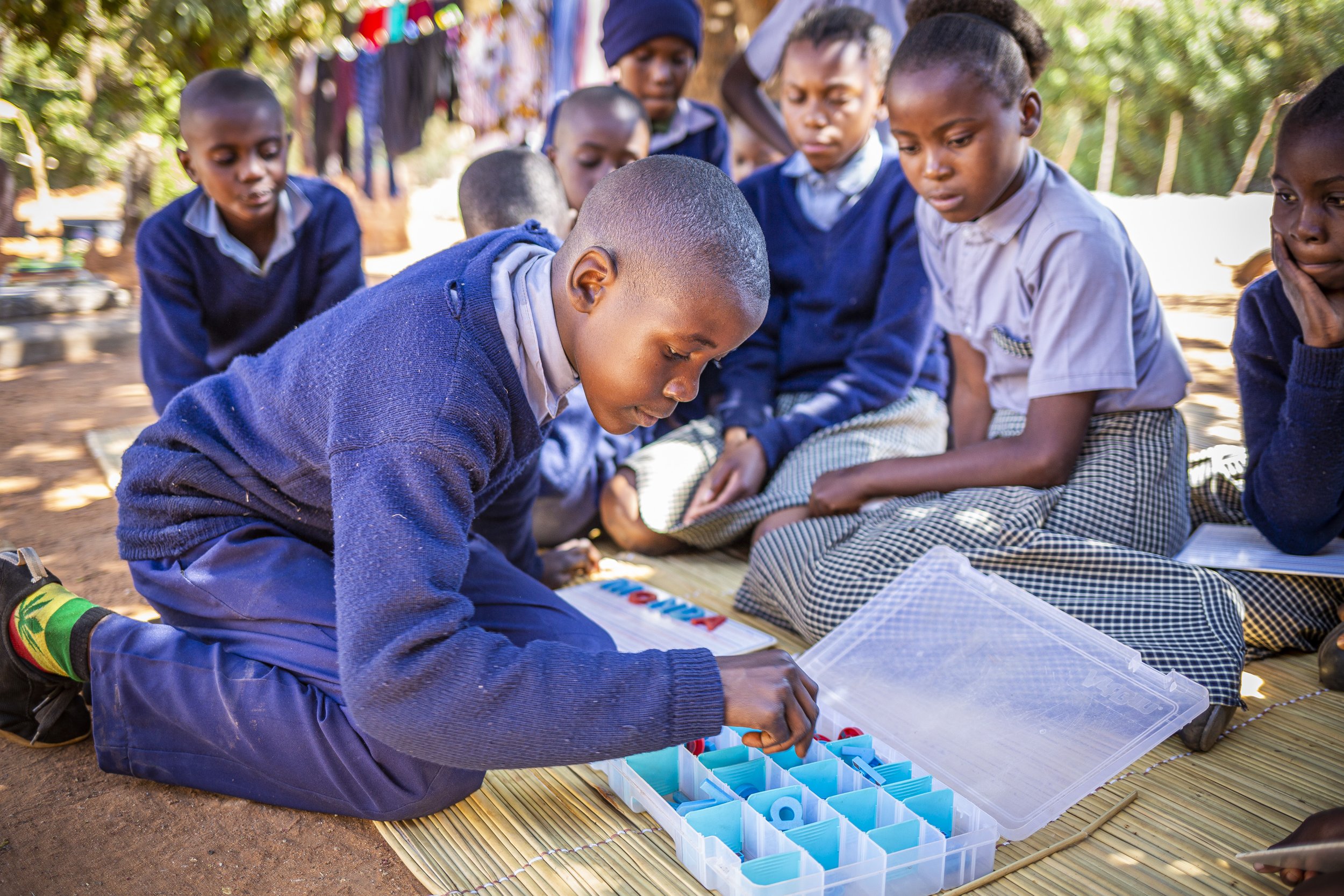
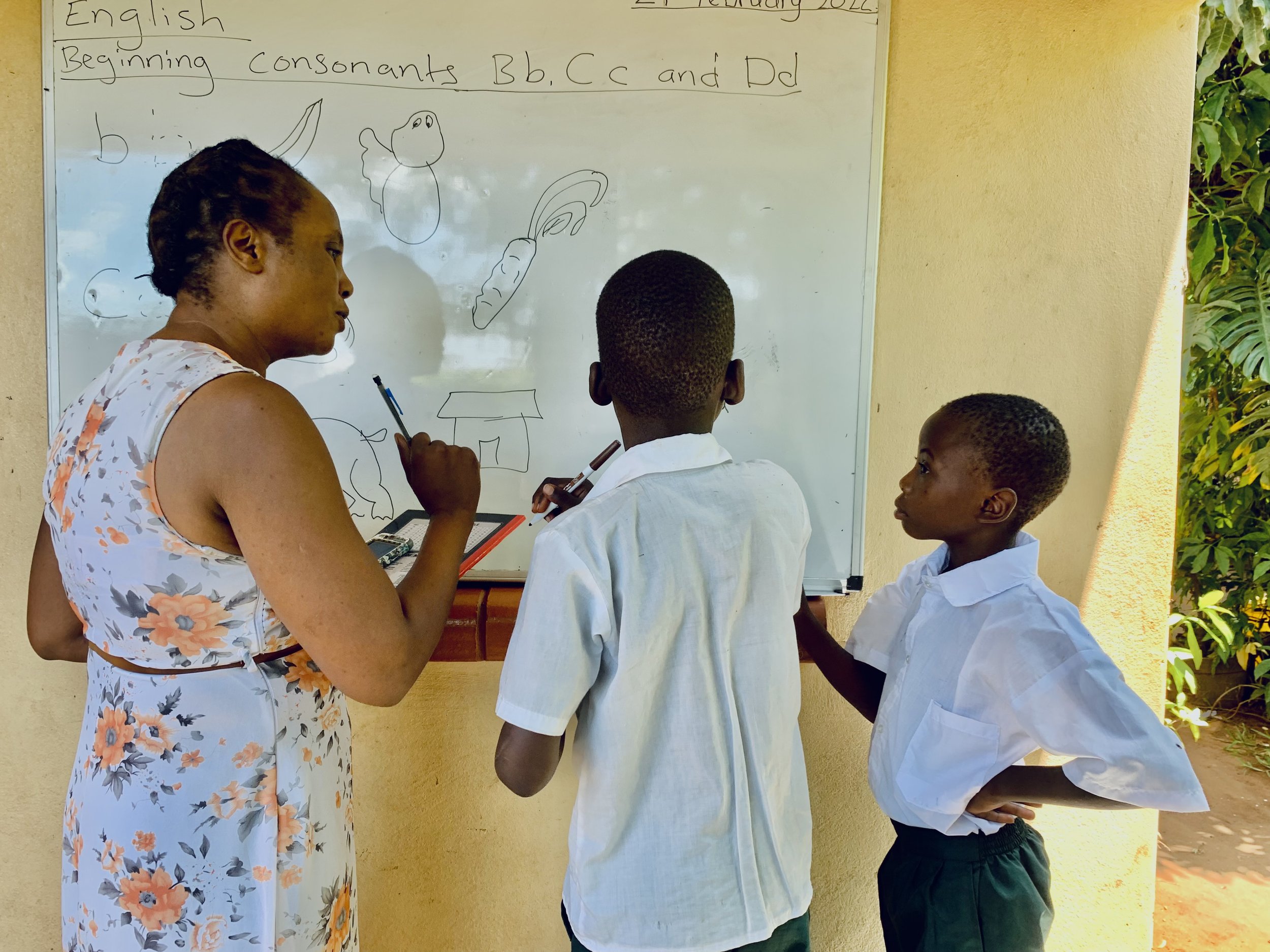
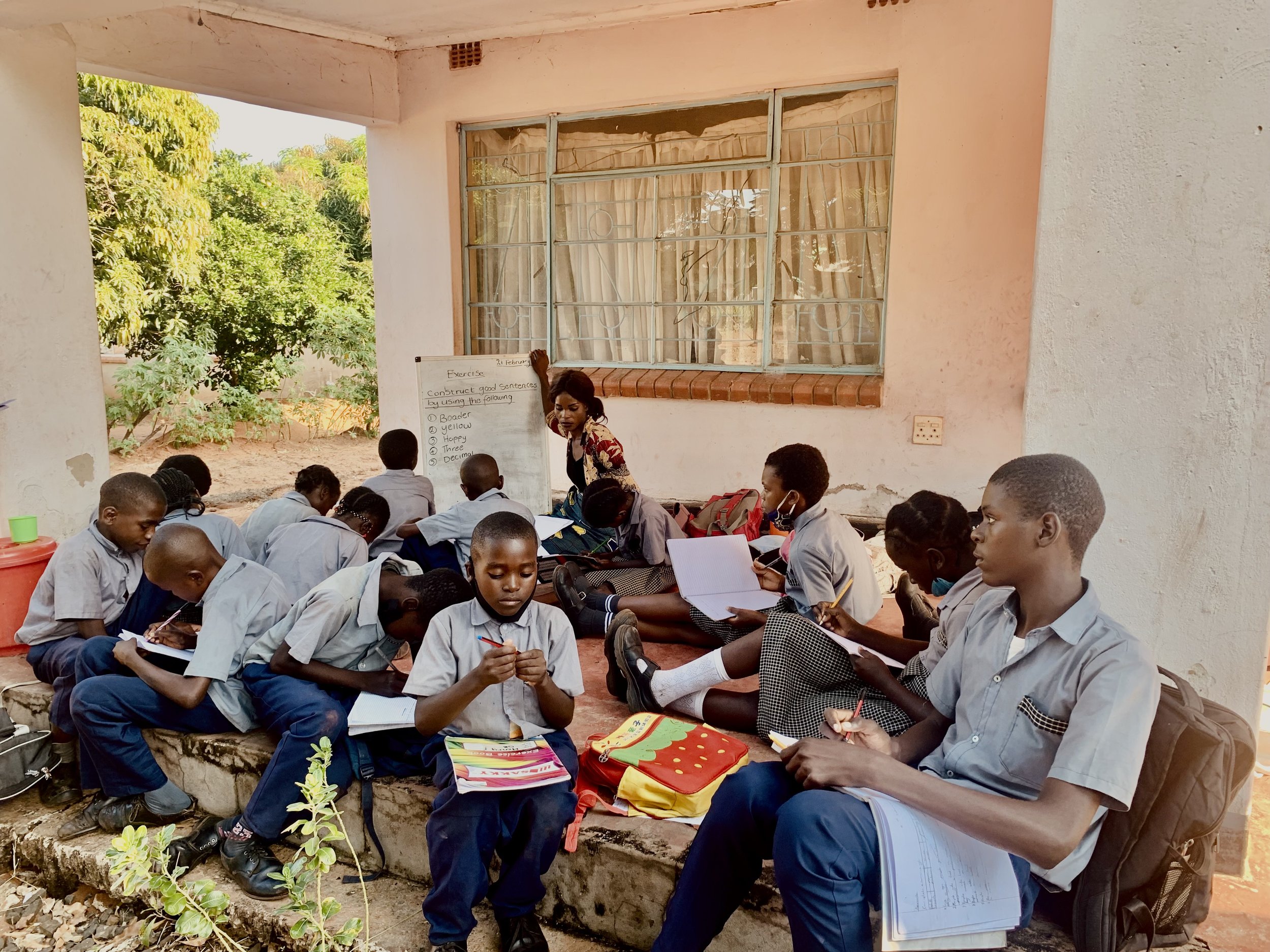
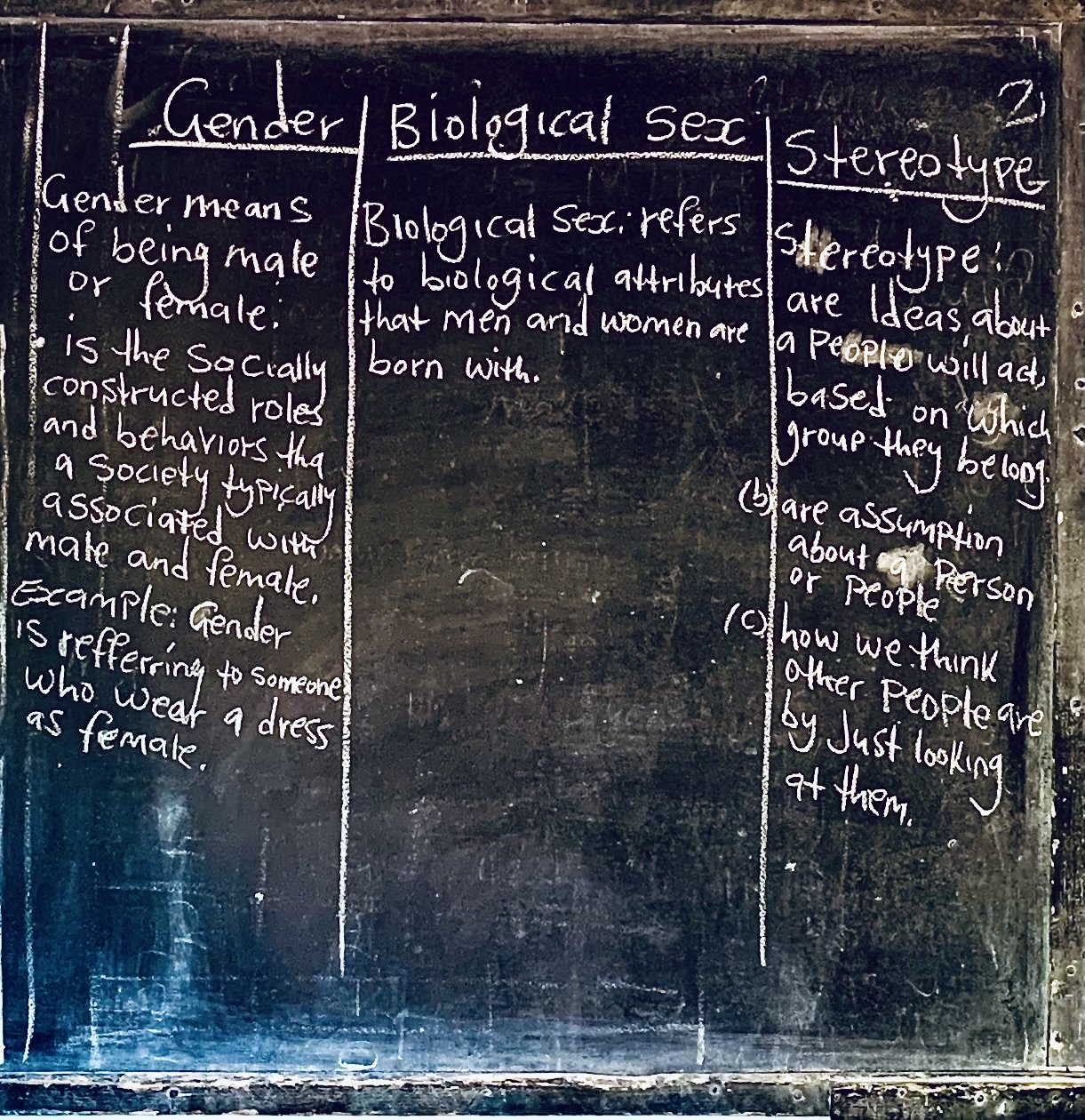


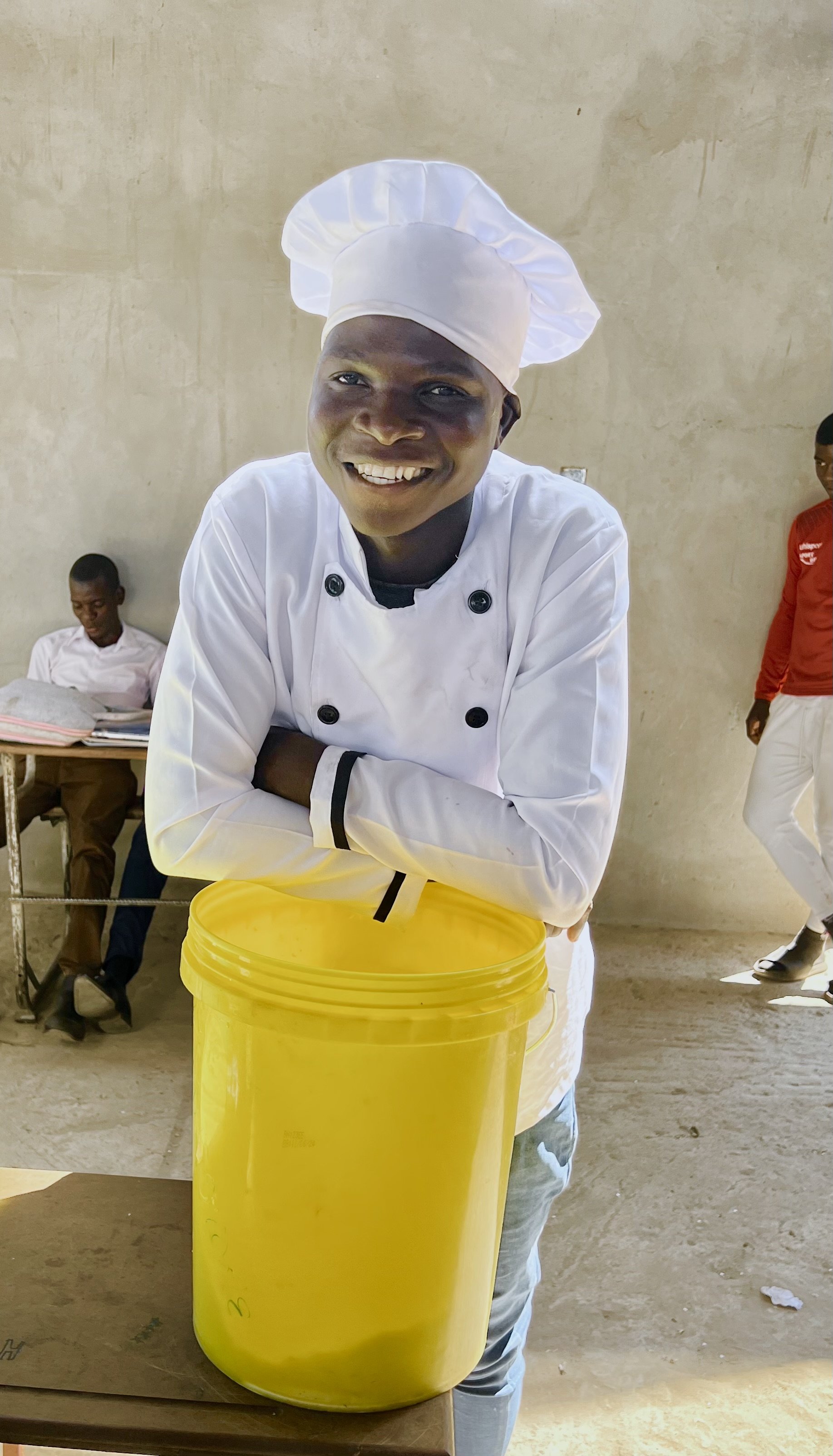



Sustainable Development Goals
FHCI proudly aligns with 7 Sustainable Development Goals across our diverse projects and programs!
Our mission is to empower vulnerable families in Zambia to break the cycle of poverty, and promote gender equity, by providing them with education, nutrition, health services and empowerment programs.
Since many of our students and their families have chronic health conditions we decided to add a health component to our organization in order to meet their health and medical needs.
Zambia's goal is to achieve gender equity by 2030. In order to help Zambia meet this goal, and in turn, to meet our own goal, we offer several Empowerment and Impact Programs.
Through our Feeding Program we have our Lunch Program where we provide our students with lunch 5 times a week. We also have our Breakfast Program where we provide Delevu Village with porridge, ground nuts and bananas every breakfast Mon-Fri.
We believe that every person should have access to education, thus, we created FHCI’s Sponsorship Program. Each student in the sponsorship program is paired with a sponsor who provides the necessary funds for the student’s education as well as Extra Lessons.
We specifically work towards keeping youth in education, employment and training through our Education and Sponsorship Program. In addition to this, we are working towards providing work for all, specifically women to diversify economic productivity.
Our Impact Programs educates young students in Zambia about gender equity, consent, and sexual exploitation, etc. The mindset of the boys and men in Zambia and the lacking education on women’s rights is what is perpetuating the vast gender disparity. Gender equity cannot be achieved until the males in Zambia realize that women deserve to be treated and respected equally and equitably.

About Zambia
Zambia – formerly known as Northern Rhodesia, until gaining its independence from Britain on 24 October 1964 – is a land locked country located in the center lower half of Africa. Angola, Botswana, Democratic Republic of the Congo, Malawi, Mozambique, Namibia, Tanzania, and Zimbabwe are the eight countries that border Zambia. As far as size goes, Zambia is slightly bigger than the second largest American state, Texas. Zambia derived its name from the mighty Zambezi River, which flows through the western part of the country and forms Zambia’s southern border with Zimbabwe, in what is known as Victoria Falls – one of the seven natural wonders of the world.
Population and Provinces of Zambia
Zambia’s population has grown over the past few years and is comprised of around 20 million people distributed throughout Zambia’s ten provinces:
1. Central
2. Copperbelt
3. Eastern
4. Luapula
5. Lusaka
6. Muchinga
7. Northern
8. North-Western
9. Southern
10. Western
Zambia Languages and Religion
Zambia is home to many different tribes and over seventy different languages of the Bantu language family, with the most popular being:
Bemba (33.4%), spoken in the Northern, Central, Muchinga, Luapula, and Copperbelt provinces
Nyanja (14.7%), spoken in the capital city of Lusaka and Eastern Province
Tonga (11.4%), spoken in the Southern Province
Lozi (5.5%), spoken in the Western Province
At independence, the Zambian government declared English as the country’s “official language.” It is generally used as the language of business, especially in urban areas.
Zambia is a Christian country with over 95.5% of Zambia’s population identifying as Christian.
Zambia’ s Demographic Profile
Zambia’s young, vulnerable population is mainly comprised of Bantu speaking people that represent approximately seventy different ethnicities. Zambia’s fertility rate is among the highest in the world, with nearly six children per woman. This is mostly due to the gender inequality in Zambia, with their lack of education for girls, employment for women, and stigma surrounding contraception use. Women in rural areas are more likely to not have access to an education and therefore are forced into marriage at a young age, give birth at a young age, and have more children. In Zambia, the median age of a woman when she gives birth to her first child is nineteen years old. Children in the Zambian culture are seen as a sign of status, and not all children make it to adulthood. HIV/AIDS contributes to Zambia’s low life expectancy as well as a number of other infectious diseases. Currently around eleven percent of Zambia’s adult population are living with HIV/AIDS and the overall life expectancy in Zambia is sixty five.
